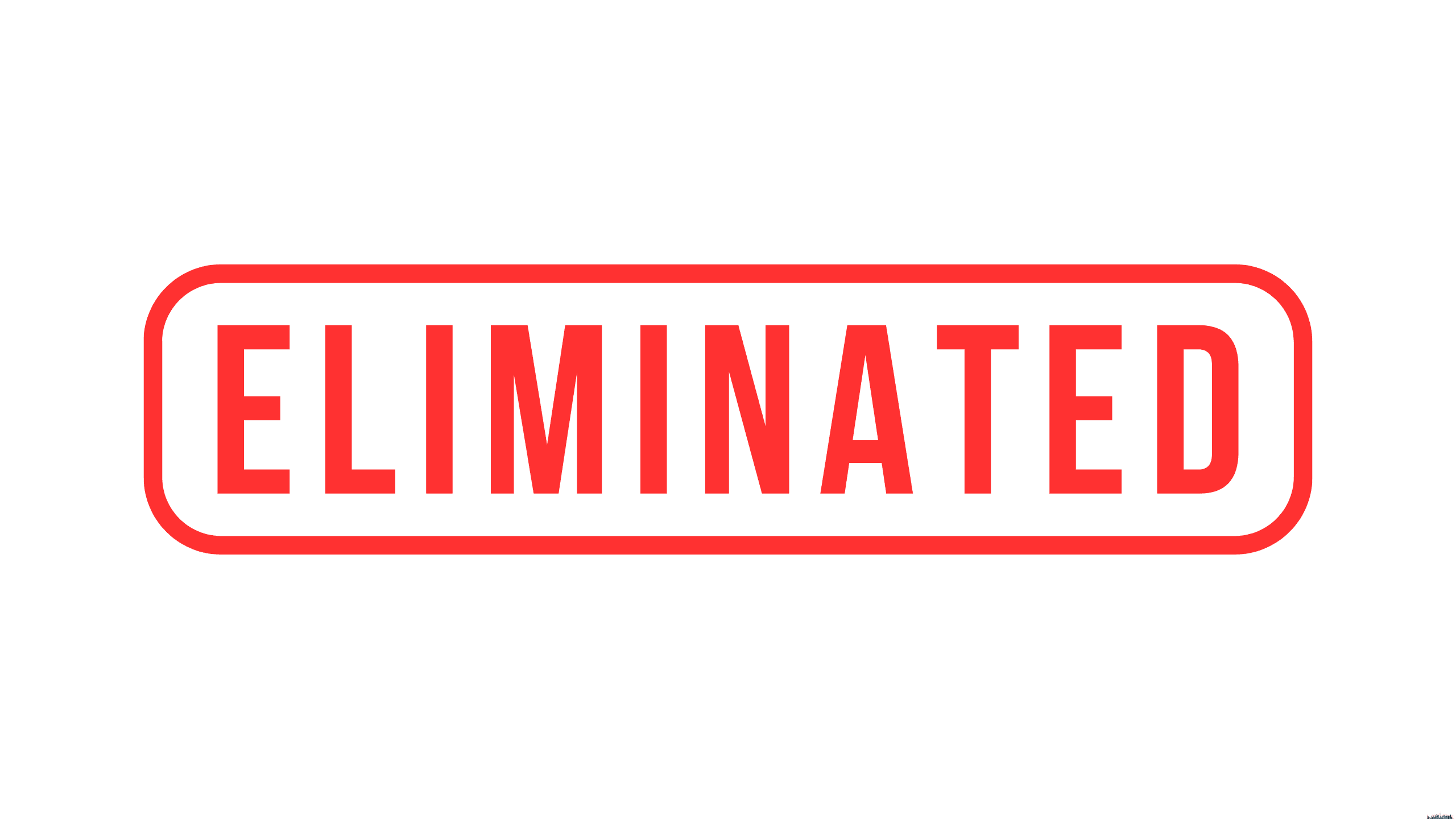Insider insights from 1,000+ interviews
I'm going to show you how to ace EVERY interview you attend 🤝
I've conducted over 1,000 interviews. Been responsible for 1,000s of people landing their next role in the GCC. Rejected thousands more.
And here's what really frustrates me - 80% of rejections have nothing to do with skill sets.
They talked themselves out of the job.
Let me save you from joining that 80%.

The Truth About Interviewing
Your CV got you in the room. Great. Now forget it exists. Because what happens next has almost nothing to do with your credentials and everything to do with your ability to have a conversation.
Not an interrogation. Not a performance. A conversation.
Most candidates think interviews are about proving competence. Wrong. By the time you're sitting across from me, I already know you can do the job. What I'm really evaluating? Whether I want to spend 40+ hours a week with you.
The technical skills that got you here? Table stakes. The soft skills that keep you here? That's what we're really testing. And most of you are failing the test before the coffee gets cold.
Here's what actually happens in those conference rooms.
The 4 Stages of Elimination
Every serious role follows a similar pattern. Understanding the game at each level is the difference between another "we'll be in touch" and an offer letter.
Stage 1: The AI Gatekeeper
Welcome to 2025. Your first interview isn't always going to be with a human - it may be with software. HireVue, Spark Hire, or whatever algorithmic judge they're using.
Stage 2: The Phone Screen
Congrats, you've got the robot to give you a pass. Now comes the human filter - usually HR or internal recruitment. This isn't about skills. It's about whether you're worth 3 hours of hiring manager time.
Stage 3: The Real Interview
This is where deals get made or broken. Technical competence, behavioral assessment, cultural fit - all decided in 45-90 minutes. No pressure.
Stage 4: The Final Dance
Senior leadership, panel interviews, or case presentations. You're 90% there. This is about confirmation, not evaluation. Don't snatch defeat from the jaws of victory.
Let me show you how to win at each level.

Stage 1: Beating the Algorithm
HireVue makes candidates paranoid. Good. You should be. That AI is analyzing everything - word choice, facial expressions, speaking pace, accent, even your background.
The AI Interview Playbook
Technical Setup:
• Neutral background (not your bed)
• Eye-level camera (stack those books)
• Proper lighting (window in front, not behind)
• Wired internet (WiFi stutters kill momentum)
• Practice runs (yes, really)
The 60-Second Rule:
Every answer should be 45-75 seconds. Any shorter? Thin content. Any longer? You're rambling. The AI tracks this religiously.
The classic STAR Method (But make it snappy):
• Situation: 10 seconds of context
• Task: 10 seconds of challenge
• Action: 20 seconds of what YOU did
• Result: 20 seconds of impact
That's 60 seconds of structured gold. The AI loves structure.
Stage 2: The Human Filter
Phone screenings aren't interviews. They're eliminations.
The recruiter has 10 calls scheduled today. Their job isn't to find reasons to progress you - it's to find reasons to cut you. Give them nothing.
The Phone Screen Survival Guide
The first 30 seconds goes like this: "Tell me about yourself" isn't a question. It's a test. They're checking if you can communicate clearly and concisely.
Your answer: "I'm a [current role] with [X years] in [space], primarily focusing on [core competencies]. I've recently been engaged with [achievement] and I'm interested in this role because [specific reason tied to job description OR the company itself - DO NOT BE GENERIC]."
45 seconds. That's it. Anything more and you'll send them to sleep.
The Energy Game:
Phone energy dies fast. Stand up. Smile while talking (they can hear it through the phone). Gesture with your hands. Your body language affects your vocal tone more than you think.
Match their energy, then add 10%. They're casual? You're warm professional. They're formal? You're engaged formal. Never be the energy drain in the conversation.
The Salary Trap:
"What are your salary expectations?"
This isn't about salary. It's about whether you're in their budget range. Too high? Cut. Too low? Also cut (desperation or lack of self-awareness).
Your response: "I'm looking for anything between x & x" - provide a relatively broad range, give them no reason to believe you're not aligned with their budget.
If you've previously heard "don't give them a figure, ask them what their budget is instead", this is the worst advice you could EVER enact in an interview.
Stage 3: The Real Deal
This is where careers are made. Or destroyed by nervous rambling.
I've watched candidates with perfect resumes talk themselves out of jobs in 5 minutes. I've hired "underqualified" people who understood one thing - interviews are conversations, not performances.
The Conversation Framework:
The 70/30 Rule:
You talk 70% of the time. But that 70% should feel like 50%. How? By making it conversational. Ask micro-questions. "You've probably seen...?" "Is that something you've experience too...?"
Transform monologues into dialogues.
The Depth Problem:
Most candidates go wide. "I've done X, Y, and Z." Winners go deep. Pick one achievement and layer it:
• The problem (business context)
• Your approach (strategic thinking)
• The obstacles (problem-solving)
• The outcome (impact)
• The lesson (growth)
One story told well beats ten stories told poorly.
The Interviewer Read:
Watch their body language like your job depends on it. Because it does.
• Leaning in? Double down on that topic
• Checking phone/watch? Wrap it up
• Taking notes? Slow down, give details
• Poker face? Ask a temperature check question
The Behavioral Minefield:
"Tell me about a time you failed."
They don't want perfection. They want self-awareness. Structure it:
1. Real failure (not a humble brag)
2. Your ownership (no blame-shifting)
3. The lesson learned (specific)
4. How you applied it (proof of growth)
60-90 seconds. Honest but not self-destructive. ALWAYS finish on a positive.
Stage 4: The Final Test
You're here because they want to hire you. Your job is to not talk them out of it.
Senior Leadership Dynamics:
Different breed. They care about three things:
1. Strategic thinking
2. Cultural addition
3. Long-term potential
Adjust accordingly.
The case presentation:
They're not testing your solution. They're testing your thinking. A decent solution presented brilliantly beats a perfect solution presented poorly.
Structure is everything:
1. Restate the problem (shows listening)
2. State assumptions (shows thinking)
3. Present approach (shows structure)
4. Acknowledge limitations (shows awareness)
5. Invite discussion (shows collaboration)
The Questions...
"Do you have any questions for us?"
This isn't polite wrap-up. It's the final test. And most of you are failing it spectacularly.
Questions That Kill:
• "What's the work-life balance like?" (Shows wrong priorities)
• "What happened to the last person?" (Negative energy)
• "How quickly can I get promoted?" (Cart before horse)
• "What's the vacation policy?" (Really? Now?)
• "I don't have any questions." (No curiosity = no hire)
Questions That Close:
"In three months, how would you measure whether I'm successful in this role?" (Shows outcome focus)
"What's the biggest challenge facing the team right now?" (Shows problem-solving orientation)
"What excites you most about the company's direction?" (Gets them selling to you)
"Based on our conversation, do you have any concerns about my fit for this role?" (Surfaces objections you can address)
That last one takes guts. Use it. I've hired people just for having the courage to ask it.

The Likability Factor Nobody Admits
This will rub a lot of people the wrong way...
I've hired likable B-players over unlikable A-players. And I'll continue to do that. Every. Single. Time.
Why? Because skills can be taught with relative ease. Personality is much more difficult. That A-player who can't hold a conversation? They'll destroy team dynamics. That B-player who made me laugh? They'll learn the skills and elevate everyone around them.
Likability isn't about being fake. It's about being:
• Present (not checking your phone)
• Interested (asking follow-ups)
• Interesting (having opinions)
• Gracious (thanking everyone)
• Human (showing personality)
The candidate who sends a thoughtful thank-you note? Already ahead of the genius who ghosted post-interview.
The Energy Equation
Most advice says "match their energy." Wrong.
One notch above. Always. They're at a 6? You're at a 7. They're at an 8? You're at a 9.
Never match. Always elevate. But subtly. It's the difference between "energetic candidate" and "exhausting person."
Think of it as leading a dance. You set the pace slightly ahead, and they follow. Too far ahead? You're dragging them. Too far behind? You're the drag.
The 48-Hour Window
What happens after you leave matters more than you think.
Hour 1-2: They're debriefing. Your performance is fresh. One bad follow-up can tank you.
Hour 2-24: Thank you email. To everyone. Not just the key decision maker.
1. Specific thanks for their time
2. Reference something specific discussed
3. Reiteration of interest, not asking for an update
Hour 24-48: The LinkedIn move. Connect with all of the interviewers from the process. This isn't creepy - it's professional.
After 48 hours: You're in waiting mode. one-two follow ups after a week. Then if all else fails, hit them with an ultimatum. Desperation smells bad, even through email.
The Mindset That Wins
Stop interviewing like you need the job. Start interviewing like you're evaluating a partnership.
The best candidates I've hired interviewed me as much as I interviewed them. They asked hard questions. They pushed back on assumptions. They showed they had options.
Confidence isn't arrogance. It's knowing your worth and communicating it professionally and diplomatically.
The moment you shift from "please hire me" to "let's see if this fits" is the moment you start getting offers.
Your Next Move
Theory is worthless without practice. Your interview skills are like muscles - use them or lose them.
Even if you're not job hunting, take interviews. Stay sharp. Keep your market value current. Plus, nothing builds confidence like having options.
But here's where most will still fail - you'll nail the interview, then blow the negotiation. Because getting the offer is only half the battle. The real money is made in the next conversation.
That's why I'm writing the definitive guide to salary negotiation. The exact scripts that have helped my clients add anywhere between a few%, to 100%+ to their offers. The psychological tactics that work. The mistakes that cost you thousands.
Want it when it drops? Create a free account on our job board and we'll send you the salary negotiation guide the moment it's ready. Plus, you'll see roles that actually pay what you're worth.
Because crushing the interview means nothing if you still accept the first offer.
Stop leaving money on the table.
P.S. - Been rejected recently? That's fine. Each no gets you closer to your yes. These pointers will get you closer to being able to deliver an a-tier interview, every time.
Return to blog page
